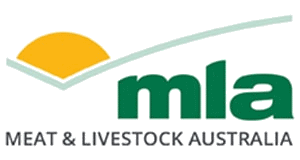AIMS Launches Legal Challenge Against FSA Charges
The Association of Independent Meat Suppliers (AIMS), has initiated legal proceedings against the Food Standards Agency (FSA) over the charges imposed on the meat industry.
Peter Hewson, Veterinary Director at AIMS, explained the rationale behind this decision: “Firstly, the FSA’s focus on discussing the meat charges as a ‘subsidy’ rather than addressing the root causes of the excessively high charges. Secondly, the significant increase in charges set to be introduced from April 2025, which will see an 11% rise for the industry overall and a 25% increase for medium-sized abattoirs.”
Legal counsel has advised that the challenge should address three key issues:
- Unlawful Cost Inclusion: The FSA has included costs in its calculation of the new hourly rates of £65.90 for an Official Veterinarian (OV) and £43.20 for a Meat Hygiene Inspector (MHI) that cannot lawfully be included.
- Transparency Issues: It is unclear which elements of the charges are “costs connected with” official controls, rather than the chargeable costs of exercising the official controls themselves, which fails to meet the requirement for high transparency.
- Excessive Enforcement Charges: Charges for enforcement activities exceed the recovery of expenses allowed by the Regulations.
“Our letter asks the FSA to strip out all costs from its hourly rates that cannot be lawfully charged, and we urge them to re-evaluate their calculations,” Hewson concluded.
This legal action marks a significant step in addressing the financial pressures faced by the meat industry due to regulatory charges.
